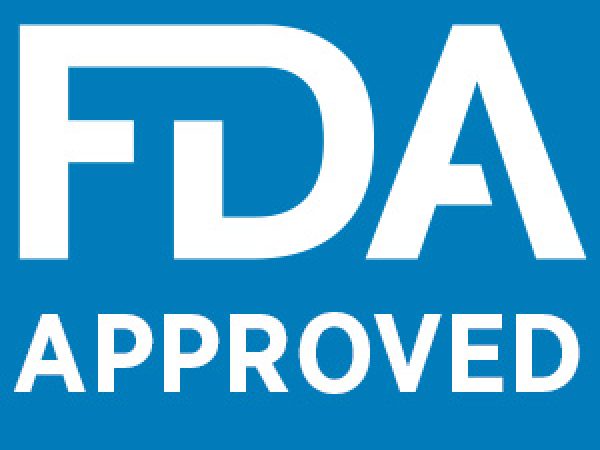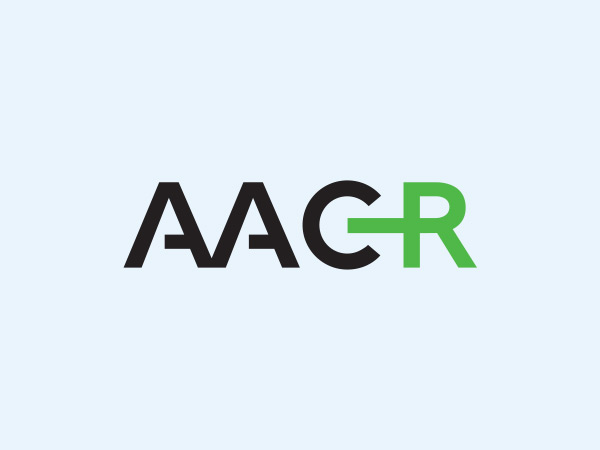World Cancer Day Aims to Raise Awareness
Saturday, Feb. 4, is World Cancer Day, an initiative of the Union for International Cancer Control (UICC).
The UICC, which includes the world’s major cancer societies, ministries of health, research institutes, and patient groups, has observed World Cancer Day since 2000 in a continuing effort to raise awareness of the global battle against cancer and to encourage government leaders to make cancer research, prevention, and treatment a national priority.
At the heart of the initiative, of course, are the patients. This year, to commemorate World Cancer Day, patients around the globe bravely shared their stories on the World Cancer Day website.
Their stories are heart-rending and inspiring, and illustrate how cancer may be experienced very differently depending on where a person lives. A young man in Germany battles colorectal cancer at the same time as his mother. One dies, one struggles to adjust to life with an ostomy. A Samoan woman writes lyrically about her sister’s struggle with breast cancer, acknowledging the progress that has improved cancer care in their nation, yet yearning for more. A Kenyan woman describes the cultural stigma that came with her battle against cervical cancer.

São Paulo, Brazil, will be the site of the AACR’s International Conference on Translational Medicine, one of several conferences the AACR will hold outside the United States this year.
An active member of the UICC and a member of the World Cancer Day advisory board, the American Association for Cancer Research (AACR) has members in 108 countries, and convenes the world’s top researchers at conferences in the United States and in other nations. Last month, we held the AACR International Conference on New Frontiers in Cancer Research in Cape Town, South Africa. In May, we’ll join with the Latin American Cooperative Oncology Group to host the AACR International Conference on Translational Cancer Medicine in São Paulo, Brazil. Additional international conferences are planned for the second half of 2017.
The eight scientific journals published by the AACR capture significant findings and research advances that impact populations all around the world. In recent months:
- Susanne Krüger Kjær of Copenhagen University Hospital in Denmark published a paper in which data from 2.8 million women showed that persistent infection with the human papillomavirus (HPV) raises the risk of anal and genital cancers. Kjær told the AACR that Denmark, like the United States, has struggled to get more adolescents vaccinated against HPV.
- Yale University’s Harvey A. Risch, MD, PhD, led a study of 1,500 Chinese patients that showed that regular aspirin use was associated with reduced risk of pancreatic cancer. Risch said data from this study were consistent with studies in other populations around the world.
- A study published by Thuan Quoc Thach, PhD, of the University of Hong Kong and Neil Thomas of The University of Birmingham showed that an analysis of data from 66,280 elderly Hong Kong men and women revealed a type of air pollution that was associated with increased mortality rates of numerous kinds of cancer and not just lung cancer, as previous research had established.
- A study by Sebastian Theurich, MD, of the University Hospital of Cologne, Germany, analyzed data from 127 patients with malignant melanoma who were treated consecutively at four cancer centers in Germany and Switzerland and showed that combining ipilimumab (Yervoy) with local treatments such as radiotherapy or electrochemotherapy increased the survival of patients with melanoma, compared with those who only received ipilimumab.
- A study led by Hideo Baba, MD, PhD, from the Graduate School of Medical Sciences at Kumamoto University, explored the role of oral bacteria in the survival rates of esophageal cancer patients in Japan.
This is just a sampling of the research the AACR publishes each year. For a look at a broader range of the AACR’s international initiatives, here’s our World Cancer Day press release.
Cancer is a global scourge, and we are inspired by efforts like World Cancer Day to continue working toward our mission of preventing and curing cancer all types of cancer through research, education, communication, and collaboration. To track World Cancer Day observances around the world, or to share your own, check out the hashtags #WorldCancerDay and #WeCanICan.



